ELISHEBA BLOGLaura, Ivonne, and Rick
write about their lives in the Eucharist. |
|
A priest once shared a story with me. One Sunday, after Mass, a young child approached him and asked him a question. “Father, what’s the word?” He did not know what the child meant, so he said, “What word?” The child then said, “The one that will heal my soul.” And the priest remembered the words we say before Communion, “Lord, I am not worthy that you should enter under my roof, but only say the word and my soul shall be healed.” The Word became flesh and dwelt among us… When God speaks, reality is changed. “Let there be light!“ “This is my Body.” “This is my Blood.” How often do we ask God to speak His Word to us? How often do we, like that little child, have the understanding that truly, just one Word from God will heal our souls? Beloved… this is the word God has been speaking recently to my heart. And, as I listen and try to receive it, I realize that there are parts of my heart that are having a hard time with that. So, He repeats it again, and again, and again… in a different circumstance, in a different place. There are places in my heart where God’s Word echoes and fills the space, and receiving a soothing balm, my soul assents. Yet, other places feel blocked with something I can’t yet name. I ask Jesus to help me listen to Him, to help me believe the Truth about myself, “Lord, say the word and my soul shall be healed.” He listens, and He adds a word… my beloved.
Do you believe you are the beloved? Can you believe this with all your heart… with all your soul… with all your mind? Or are there places in your heart where you doubt this? Are there places in your heart where a lie is what you believe? If so, then there are places in your heart where you are not yet able to fully love.
I remember when my kids were little that if they wanted to give us a gift, they needed to get the money first from us. Yet, even if technically I had purchased my own gift, I was delighted to receive what they had purchased with love. It is the same with God. We can only love Him with the love He has given us.
This is how Jesus goes forth in His mission… grounded in the Father’s love. All He is and all He does, is Him returning love for love. We are the Body of Christ. We are the beloved of God. When parts of our hearts are not able to receive this love, we are not able to fully love. When we don’t act from our identity as a beloved son or daughter of God, we are rejecting the love of God. But God is always the same. The One Who loved us into being loves us now with the same love. Nothing can separate us from His love.
Lord, say the word… and help us believe.
2 Comments
When we speak of the human heart, we speak of a twofold reality. We speak of the organ at the center of the body, which purifies and pumps the blood that flows through the whole body, and we speak of the hidden center of the human soul, the place of decision, the place of truth. The heart “is the place of encounter, because as image of God we live in relation: it is the place of covenant” (CCC, 2563). St. Peter Julian tells us that devotion to the Sacred Heart of Jesus in the Most Blessed Sacrament is the soul and center of all religion. When we receive the Eucharist and allow His heart to transform ours, we can then become the heart of His mystical body, allowing His grace to flow to all its members. When Jesus was asked, “Which is the first of all the commandments?”, He replied: “You shall love the Lord your God with all your heart, with all your soul, with all your mind, and with all your strength. The second is this: You shall love your neighbor as yourself. There is no other commandment greater than these” (Mk 12:28-31). The second commandment flows from the first. If we love God with all our heart, if we respond to His love with love, he will change our hearts of stone and give us a new heart of flesh (Ez 36:26). Loving God with all our heart means giving Him our whole heart. He wants our broken hardened hearts, so He can transform our wounds from sources of sin into sources of grace, for ourselves and for others. This new heart, this heart of flesh, this source of grace, is really His own heart beating in us, dwelling within us, in the place of covenant, the hidden center of the human soul. This most beautiful Sacred Heart, the model and life of love, is with us in the Most Blessed Sacrament. We receive Him, we adore Him, we love Him. He transforms us into Himself. “The unity of the Mystical Body produces and stimulates charity among the faithful: From this it follows that if one member suffers anything, all the members suffer with him, and if one member is honored, all the members together rejoice” (CCC, 791). We are called to be the hands and feet of Jesus in the world, but what about His heart? Jesus is the Head of His Mystical Body, and we, the Church, are the rest. We must bring all of Him to the world. We must become that Heart, overflowing with His Blood, pumping His Grace to every part of the Body. When circulation is cut off, the body gets diseased, and a part has to be amputated if blood flow is not restored in time. By remaining united to the Heart of Jesus in the Most Blessed Sacrament, we are directly connected to the source of life, and, by remaining in Him and allowing Him to work through us, we can bring His love to our neighbor, who is really part of our own Body in Christ. It is in this unity of the Mystical Body that we celebrate today the Feast of the Immaculate Heart of Mary. In honoring Our Mother, in rejoicing together, we become a community of one heart and mind. And together, with Our Mother, we adore the Sacred Heart. “May the Heart of Jesus, in the Most Blessed Sacrament, be praised, adored, and loved with grateful affection, at every moment in all the Tabernacles of the world, even until the end of time. Amen.”
By: Ivonne J. Hernandez
We never know when or how God is going to lift the veil and make Himself known to us… but when He does, the memory is etched forever in our soul. The year was 1998 (as best I can recall). We had just moved to a new city. I was staying home with two young boys and did not know anyone. I saw an announcement on the parish’s bulletin about a prayer group meeting that week, so, desperate for some friends, I decided to go. I walked into the chapel and sat in one of the pews up front. I don’t remember much about the meeting, other than a woman was singing and she had a beautiful voice. I remember I closed my eyes to listen when something started to fill me up. I remember this sense of peace and joy overtaking me, and my mouth, involuntarily, turned into a smile. As I left that night and went back home, I could not wipe the silly grin from my face. When I arrived home, Rick asked me why I was smiling like that, and I don’t remember what I said… I think I tried to explain, but I couldn’t find the words. I just remember feeling like I was on a cloud, and it lasted for about three days. When the feeling wore off, I was determined to find it again, and so my search began. I would spend the next few years searching, seeking, for that fragrance; I knew I was searching for God.
This encounter with the Holy Spirit was a pivotal moment in my relationship with God. Experiencing Love Personified changes you forever. Knowledge, Understanding, Wisdom… The Spirit of Truth, being welcomed, makes Himself known in your soul. A longing, a thirst, a hunger develops and grows. It leads from within. It wakes up the conscience… you become aware of the battle for your soul.
The Holy Spirit is not a bird, is not fire, is not water… He is a Person; He is God.
The Holy Spirit had always been with me, but I did not know Him. It was that same Spirit who led me to that little Chapel, for it was there, by the light of the Tabernacle, where He wanted to reveal to me His glory, so that, when that memory resurfaced, it would have a name, a place, a sound, a smell… it was a tangible experience of the Presence of God.
That evening back in 1998, I entered that little chapel looking for friendship and left filled with the Spirit of God. A group of pilgrims welcomed me, a stranger, and allowed me to find my way home.
|
Categories
All
FOLLOW US ON SOCIAL MEDIA:
AuthorsWe are Ivonne J. Hernandez, Rick Hernandez and Laura Worhacz, Lay Associates of the Congregation of the Blessed Sacrament, and brothers and sisters in Christ. |
Copyright © 2024 Elisheba House Inc.
Elisheba House is a 501(c)(3) non-profit organization. Federal Tax ID Number 84-1894146
Florida registration for Solicitations of Contributions #CH71652
A COPY OF THE OFFICIAL REGISTRATION AND FINANCIAL INFORMATION MAY BE OBTAINED FROM THE DIVISION OF CONSUMER SERVICES BY CALLING TOLL-FREE (800-435-7352) WITHIN THE STATE. REGISTRATION DOES NOT IMPLY ENDORSEMENT, APPROVAL, OR RECOMMENDATION BY THE STATE.
Florida registration for Solicitations of Contributions #CH71652
A COPY OF THE OFFICIAL REGISTRATION AND FINANCIAL INFORMATION MAY BE OBTAINED FROM THE DIVISION OF CONSUMER SERVICES BY CALLING TOLL-FREE (800-435-7352) WITHIN THE STATE. REGISTRATION DOES NOT IMPLY ENDORSEMENT, APPROVAL, OR RECOMMENDATION BY THE STATE.
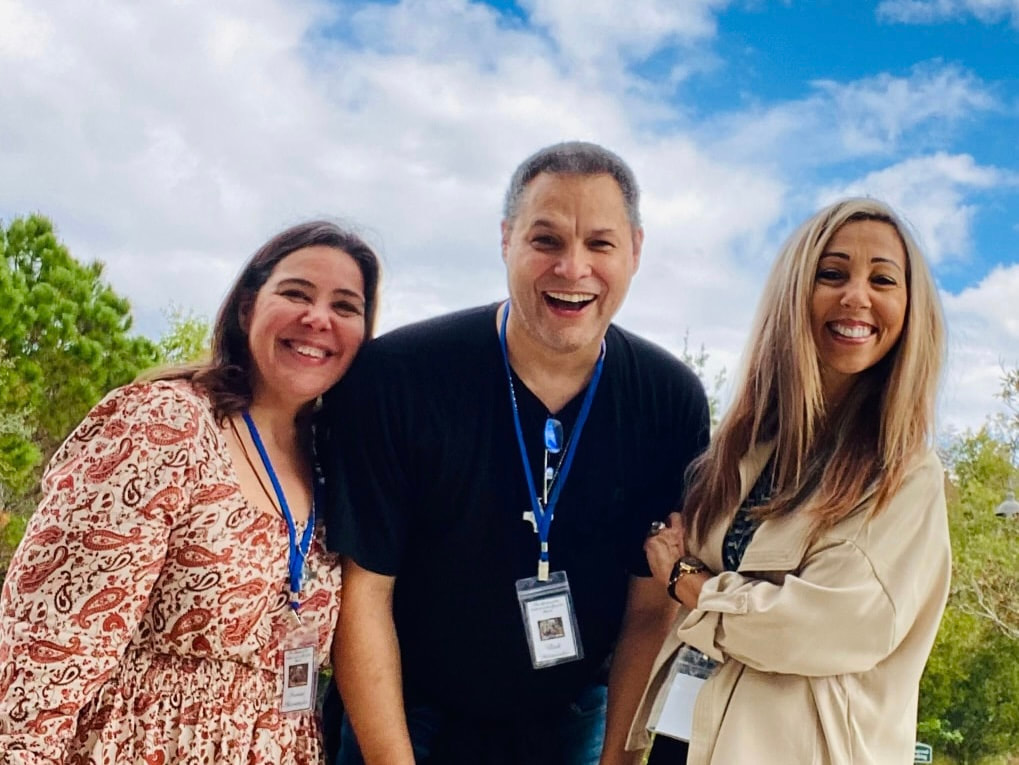



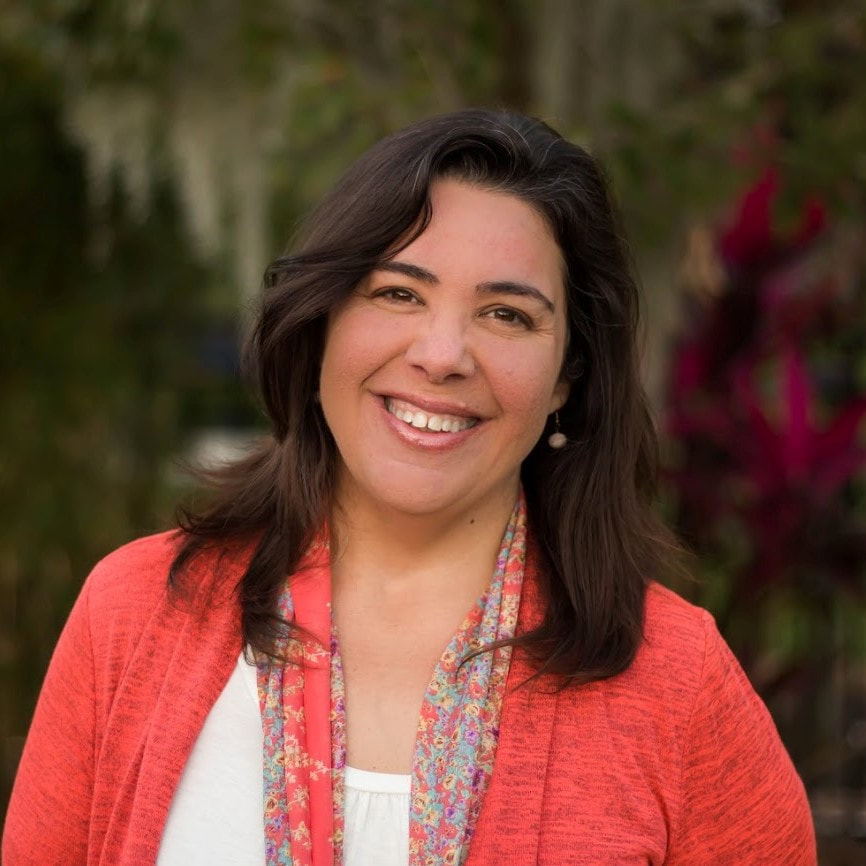
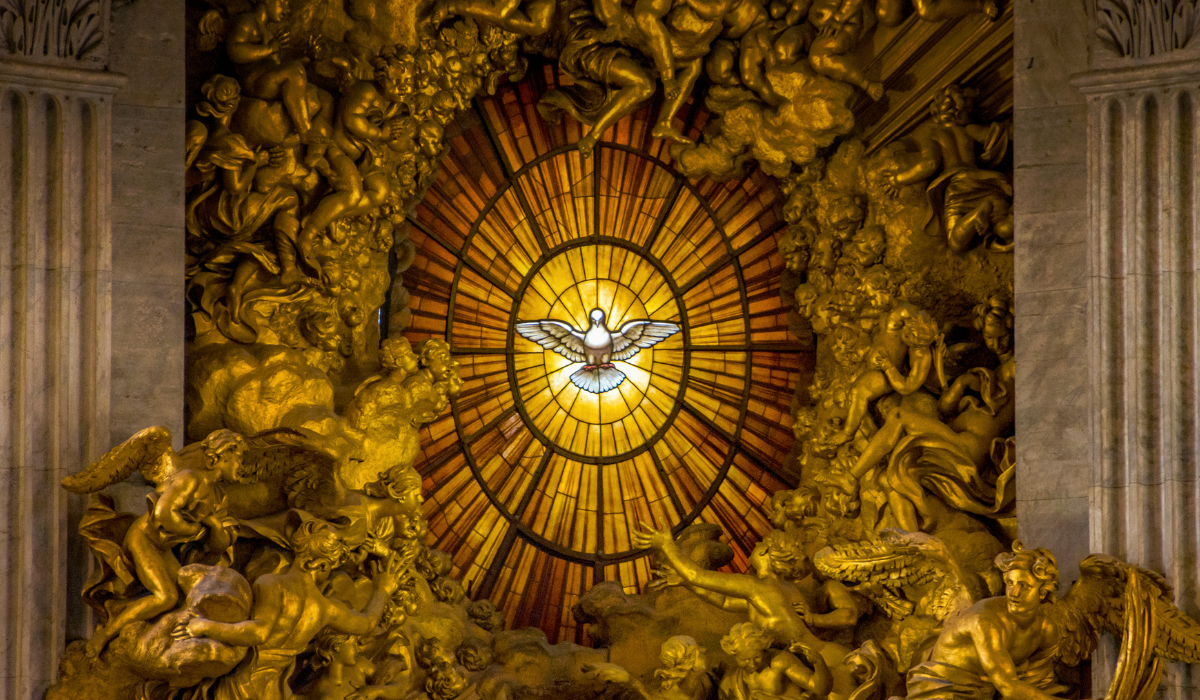
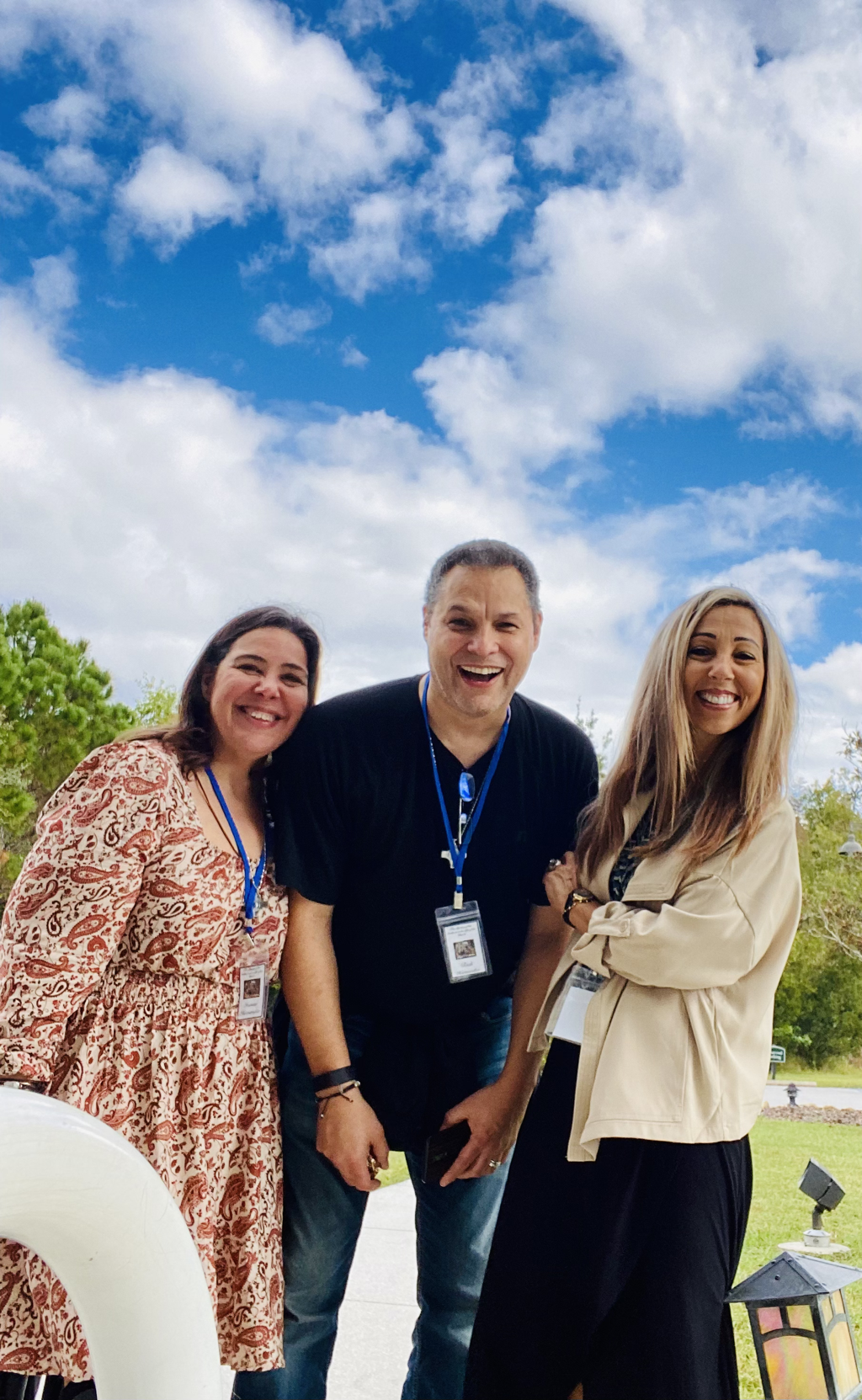
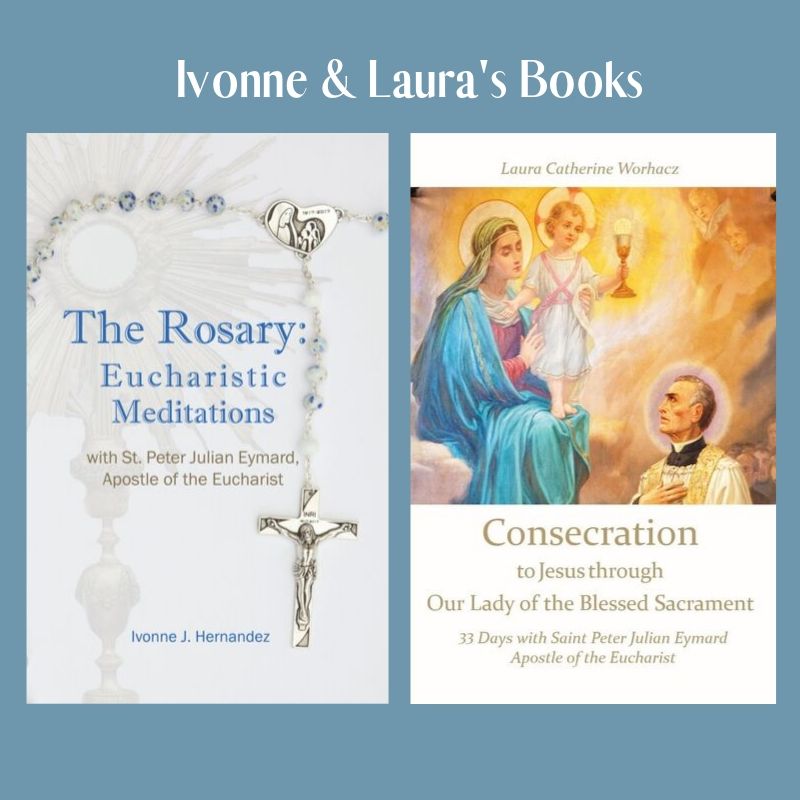
 RSS Feed
RSS Feed